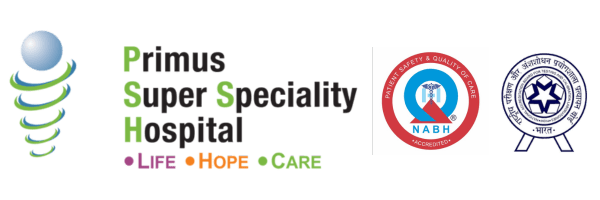The rainy season in Delhi brings relief from summer heat but it also triggers health concerns. Among them viral infections show a sharp rise every year. The peak is not unsystematic, but it has a definite pattern attributed to weather, lifestyle and environment. Frequent fever, cough, cold, abdominal infection and cases pertaining to dengue are experienced by many of their residents. The issue is so widespread to the extent that nearly every home is exposed to one case or more.
Weather Change and Weak Immunity
The shift from hot summer to humid rainy season stresses the human body. Sudden drops in temperature weaken natural immunity. This makes people vulnerable to viruses spreading in the air and water. Children and elderly get affected faster due to low resistance. Doctors explain that humidity supports viral survival for longer hours. Even a small contact can lead to infection in such conditions.
Waterlogging and Contamination Issues
Delhi faces major waterlogging during heavy rains. Stagnant water becomes a breeding ground for mosquitoes. It also contaminates nearby drinking water supplies. Consumption of unsafe water spreads stomach viruses, diarrhea and hepatitis. Municipal drains overflow and mix with household supplies at many places. This direct link between rain and waterborne viruses creates a health crisis every monsoon
Overcrowding in Public Transport
The rainy season increases dependence on public transport. Roads flood and traffic delays push more people into buses and metros. Overcrowded spaces give viruses a perfect chance to spread fast. Sneezing or coughing by one infected person spreads infection to many. This is why respiratory viruses show rapid growth in Delhi during monsoon months.
Rise of Mosquito-Borne Viral Fevers
Delhi sees a spike in mosquito-borne viral fevers like dengue and chikungunya. Water collected in small containers, old tires and open spaces helps mosquito breeding. These viruses spread in clusters in crowded colonies. Hospitals record a rise in such cases within weeks of the first heavy rains.
Lack of Preventive Awareness
Even though there have been annual warnings, precautionary measures against it are meagre. Individuals may not use mosquito nets, repellents or boil water. Community cleaning drives will also be unsuccessful because of the inefficient conduct. Remarkable absence of awareness and delays in the observation of medical care allow the spread of infections even quickly
Seasonal Food and Lifestyle Changes
The rainy season tempts one to eat street food in Delhi. Street vendors usually sell in areas that are not economically hygienic, and the water is contaminated. Consuming the food leads people to stomach viruses and gastroenteritis. Lifestyle factors such as exposure to wetness in the rain, or failure to eat healthy meals also cause immunity to weaken. Physicians recommend easy-to-prepare home food and clean water, but this does not happen.
To handle this seasonal rise, Delhi depends on multi-speciality centers. Primus Hospital, known as a super speciality hospital in Delhi, offers advanced care for viral infections. Their experts in internal medicine and infectious disease provide targeted viral treatment in Delhi. With advanced labs and quick diagnosis, it helps reduce patient recovery time. The hospital has earned trust as a viral best hospital in Delhi due to its high-quality care.
The spike in viral cases in Delhi during rainy season is not accidental. It is linked to weather change, poor sanitation and lifestyle choices. The pattern repeats each year because preventive actions remain limited. Awareness, hygiene and early medical care can reduce risk. Consulting a viral specialist in Delhi ensures correct treatment and faster recovery.













